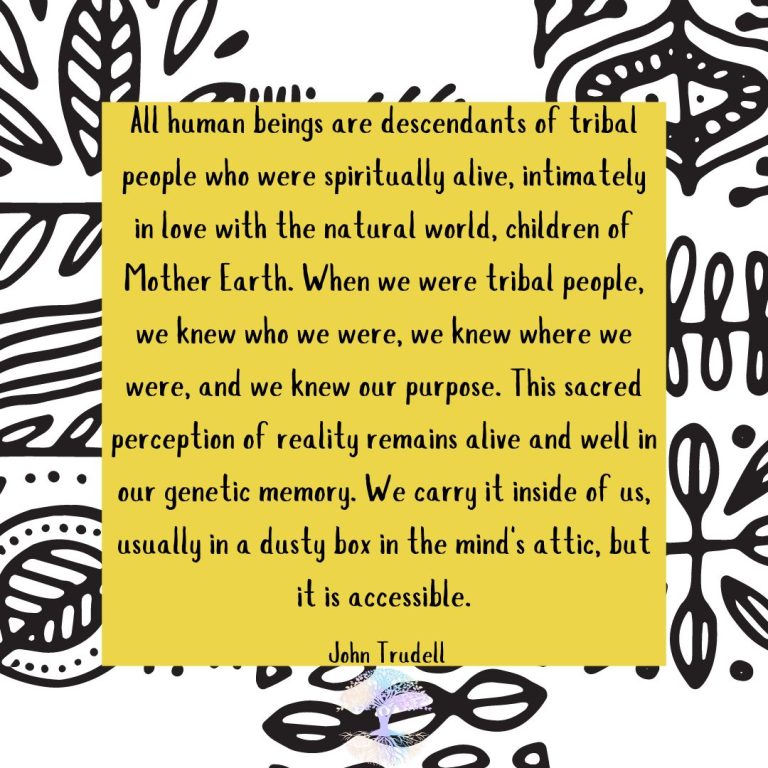“Happiness is not a matter of intensity but of balance, order, rhythm and harmony.” ~ Thomas Merton
Balance is the key to happiness. Our attempt to achieve balance in our life takes a lot of awareness, inner work, self-realisation, prioritisation and when we do manage to strike a balance in our inner world it reflects in our environment (outer world) as well.
The balance we seek comes to us when our thinking, feeling and willing are in harmony. According to Rudolf Steiner, these three are the soul capacities or forces that are present in each one of us, and when these forces are in harmony, we can function most effectively. It is not possible to separate the three as each flows in and out like the waves lashing the shore.
Steiner explained, “These three forces are bound up with the physical organization. Certain thoughts and feelings will call up certain acts of will. The human organism must function correctly if the three soul forces are to act in harmony. If the connection between them has broken down due to illness, then there is no longer consistency between thinking, feeling and willing. If an organ connected with the will is impaired, the human being will be unable to translate his thoughts into impulses of will; he is weak as far as action is concerned. Although a person is well able to think, he cannot decide on action. Another disturbance may be that someone is unable to link thoughts and feelings correctly; this human cannot bring his feelings into harmony with the thoughts behind them. Basically that is the cause of insanity.”
The current society largely operates in the thinking realm, where the head is given more significance as compared to the heart. There are times when you are driven by feelings, and you struggle to get clarity in your thoughts.
When feelings get overwhelming, you lack the will to follow your dreams or execute your goals, or may be you think too much and feel too little. It can work in different ways, and only when the three meet together at a common point, can we have a different experience in life.
In Waldorf education these three forces reflect at different stages of childhood.
Willing (0 to 7)
Feeling (7 to 14)
Thinking (14 to 21)
In the first septennial, a child’s will forces are very strong, so right from making its way out of the mother’s womb to turning, sitting, and eventually walking, a lot of will is involved. Imagine moving from the horizontal plane (as a baby) to standing and walking upright in the vertical plane (as a 1 year old). It calls for a lot of effort, a lot of will is involved to undergo that transformation.
Take a look at the – The Three Stages of Development in Waldorf Education.
Let’s take a closer look at the role each of these soul forces – thinking, feeling, and willing – play in our daily lives.
Don't let this stop you, show us some love and subscribe to continue reading!
If you're already a member, please login.
References









